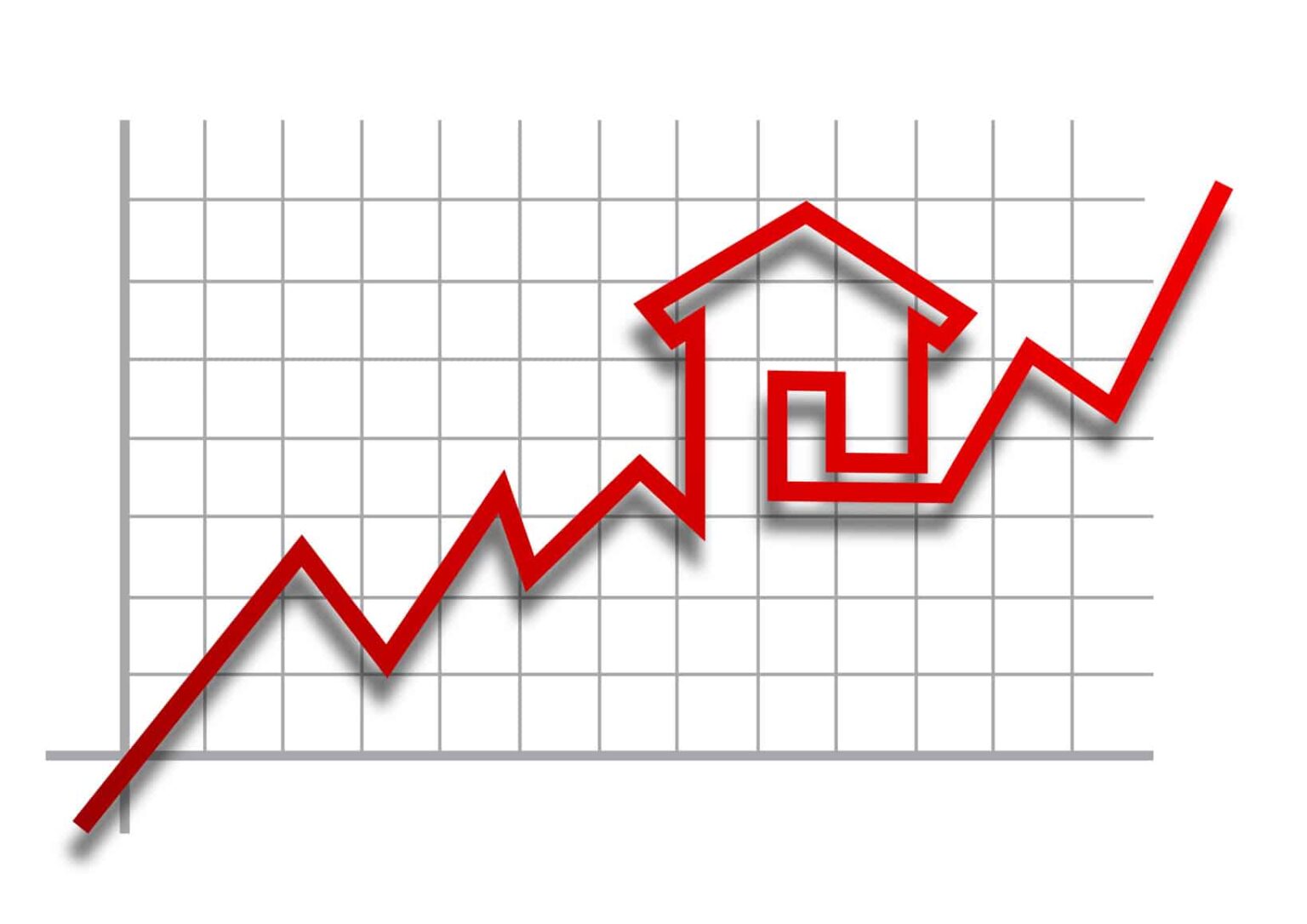Navigating the real estate market requires a keen understanding of how various market conditions affect property prices. For those involved in buying, selling, or investing in Nigerian real estate, recognizing these influences is crucial for making informed decisions. Here’s a concise overview of how market conditions impact property prices and what you need to consider in the Nigerian context.
1. Economic Indicators
Economic indicators significantly influence real estate market conditions and property values. Key indicators include inflation rates, GDP growth, and interest rates.
Inflation Rates
Inflation affects the cost of living and purchasing power. In an inflationary environment, the prices of construction materials and property maintenance rise, leading to higher property prices. For buyers, high inflation can reduce purchasing power, making homes more expensive and potentially less affordable.
GDP Growth
Gross Domestic Product (GDP) growth reflects the overall economic health of a country. A rising GDP generally boosts confidence in the real estate market, driving up property prices as economic conditions improve. Conversely, economic slowdowns can lead to decreased demand and falling property prices.
Interest Rates
Interest rates have a direct impact on borrowing costs. Lower interest rates make mortgages more affordable, increasing demand for property and driving up prices. On the other hand, higher interest rates can reduce demand, leading to slower price growth or declines.
2. Supply and Demand Dynamics
The interplay between supply and demand is a fundamental driver of property prices.
Property Supply
The availability of properties in a given area affects market prices. In high-demand neighborhoods with limited supply, prices tend to rise as buyers compete for available homes. Conversely, an oversupply of properties can lead to stagnant or declining prices as sellers strive to attract buyers.
Market Demand
Demand for properties can be influenced by factors such as population growth, urbanization, and lifestyle changes. In Nigerian cities like Lagos and Abuja, rapid urbanization and increasing population often drive up demand for housing, leading to higher property prices. Understanding local demand trends helps anticipate price movements.
3. Government Policies and Regulations
Government policies and regulations can have a significant impact on the real estate market.
Tax Policies
Property taxes and related fees affect the cost of owning property. Increases in property taxes can raise ownership costs, potentially decreasing demand and exerting downward pressure on prices. Conversely, tax incentives or reductions can stimulate demand and drive up prices.
Land Use Regulations
Regulations regarding land use and zoning laws affect property development. In Nigeria, changes in these regulations can impact the availability of new properties and influence market conditions. Understanding these regulations helps in assessing potential market shifts.
Housing Schemes and Subsidies
Government housing schemes and subsidies can influence property prices. Programs aimed at providing affordable housing or assisting first-time buyers can boost demand and raise prices. Conversely, the reduction or removal of such schemes might lead to lower demand and falling prices.
4. Infrastructure and Development Projects
Infrastructure improvements play a critical role in shaping property values.
Transportation Infrastructure
Developments such as new roads, bridges, and public transport systems enhance accessibility and increase property values in affected areas. For example, new transportation links in Lagos or Abuja can make previously less accessible neighborhoods more attractive.
Urban Development Projects
Projects like new commercial centers, parks, and recreational facilities can boost property values by making neighborhoods more desirable. Areas undergoing significant redevelopment often see rising property values as they become more appealing to buyers and investors.
Utility and Service Improvements
Upgrades to utilities and services, such as water, electricity, and waste management, improve living conditions and can affect property values. Areas receiving investment in these services often see increased demand and higher property prices.
5. Local Market Conditions
Local market conditions vary widely and can impact property values differently.
Regional Variations
Real estate markets in major Nigerian cities like Lagos, Abuja, and Port Harcourt differ significantly. Lagos, with its rapid urban growth, often sees higher property prices compared to smaller cities or rural areas. Understanding these regional variations is key to making informed investment decisions.
Neighborhood-Specific Trends
Different neighborhoods within cities have unique market conditions. Factors such as local amenities, safety, and community appeal influence property prices. For example, upscale neighborhoods with high-end amenities usually command higher prices compared to less developed areas.
Property Type and Usage
The type of property—residential, commercial, or industrial—affects market dynamics. Each type has distinct influences on property values. For instance, residential properties might be more influenced by local amenities, while commercial properties are impacted by business activity and infrastructure.
6. Economic and Political Stability
Broader economic and political stability also affects real estate markets.
Economic Stability
A stable economy fosters investor confidence and a stable real estate market. Economic uncertainty or volatility can create market fluctuations and impact property prices. Keeping an eye on economic trends helps anticipate potential market changes.
Political Stability
Political stability influences investor confidence and market conditions. Political uncertainty or changes in government policy can affect real estate markets, impacting property values and investment strategies.
Conclusion
Understanding how market conditions impact property prices is essential for making informed decisions in the Nigerian real estate market. Economic indicators, supply and demand dynamics, government policies, infrastructure developments, and local market conditions all play crucial roles in shaping property values. By staying informed about these factors, you can better navigate the real estate market, whether you’re buying, selling, or investing in property.

